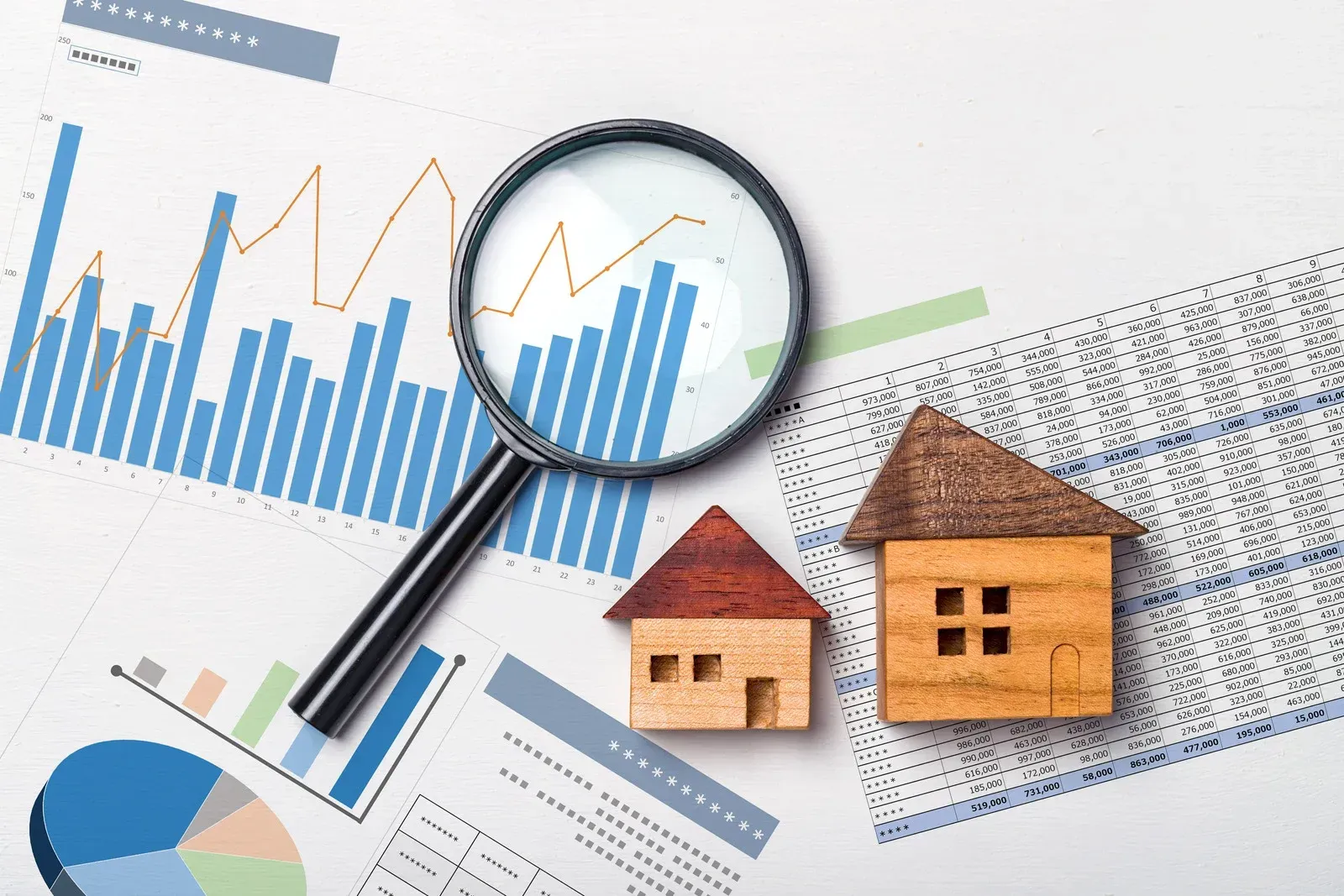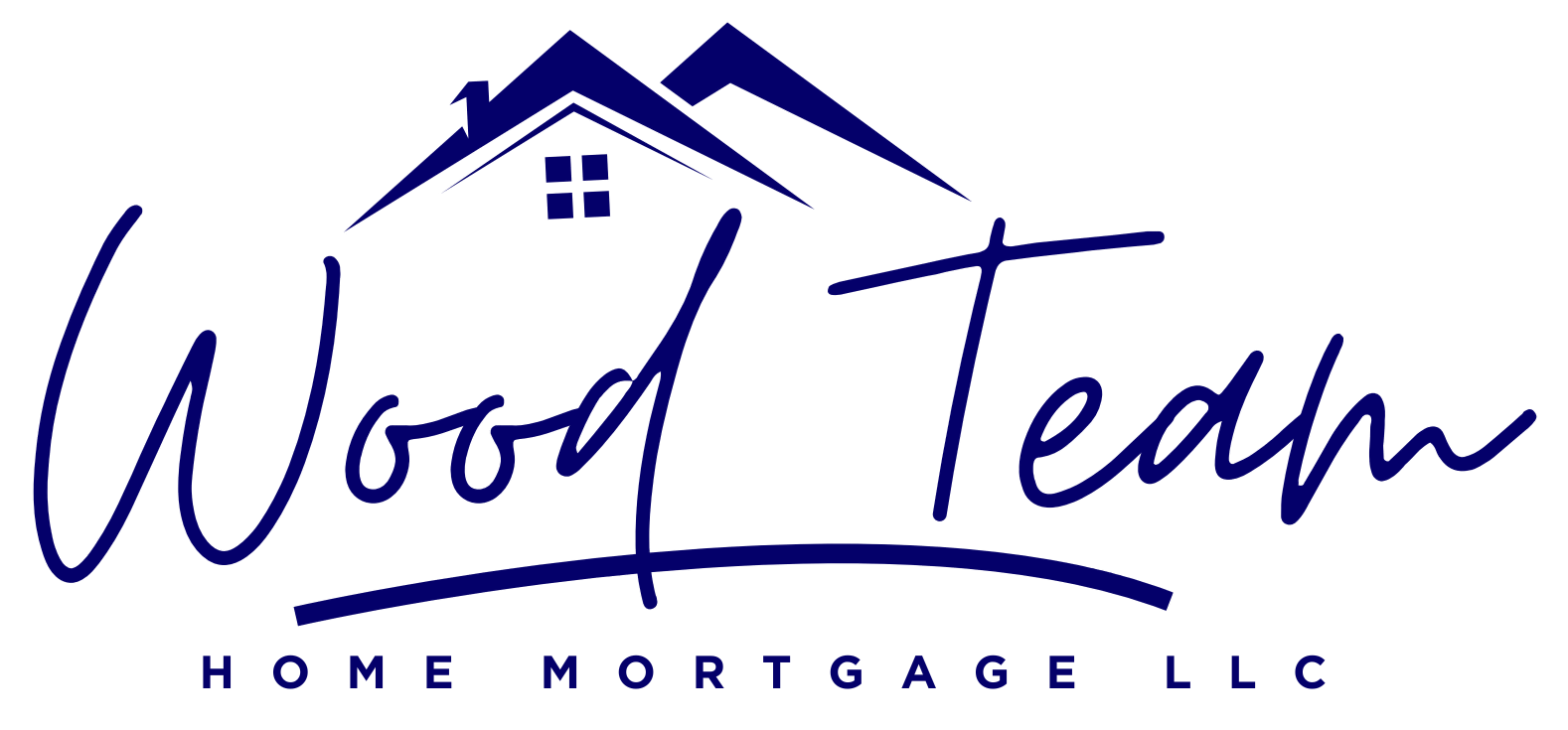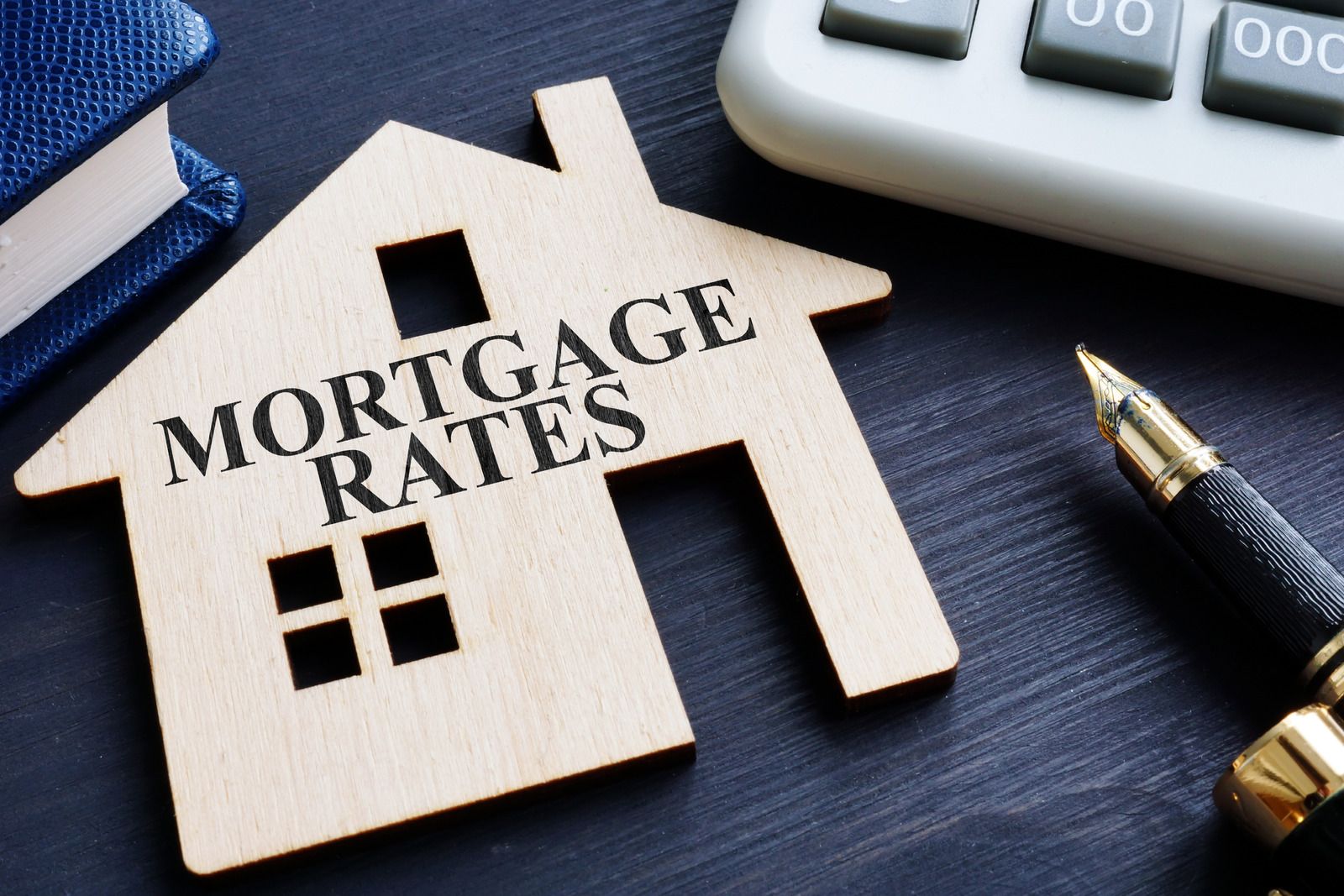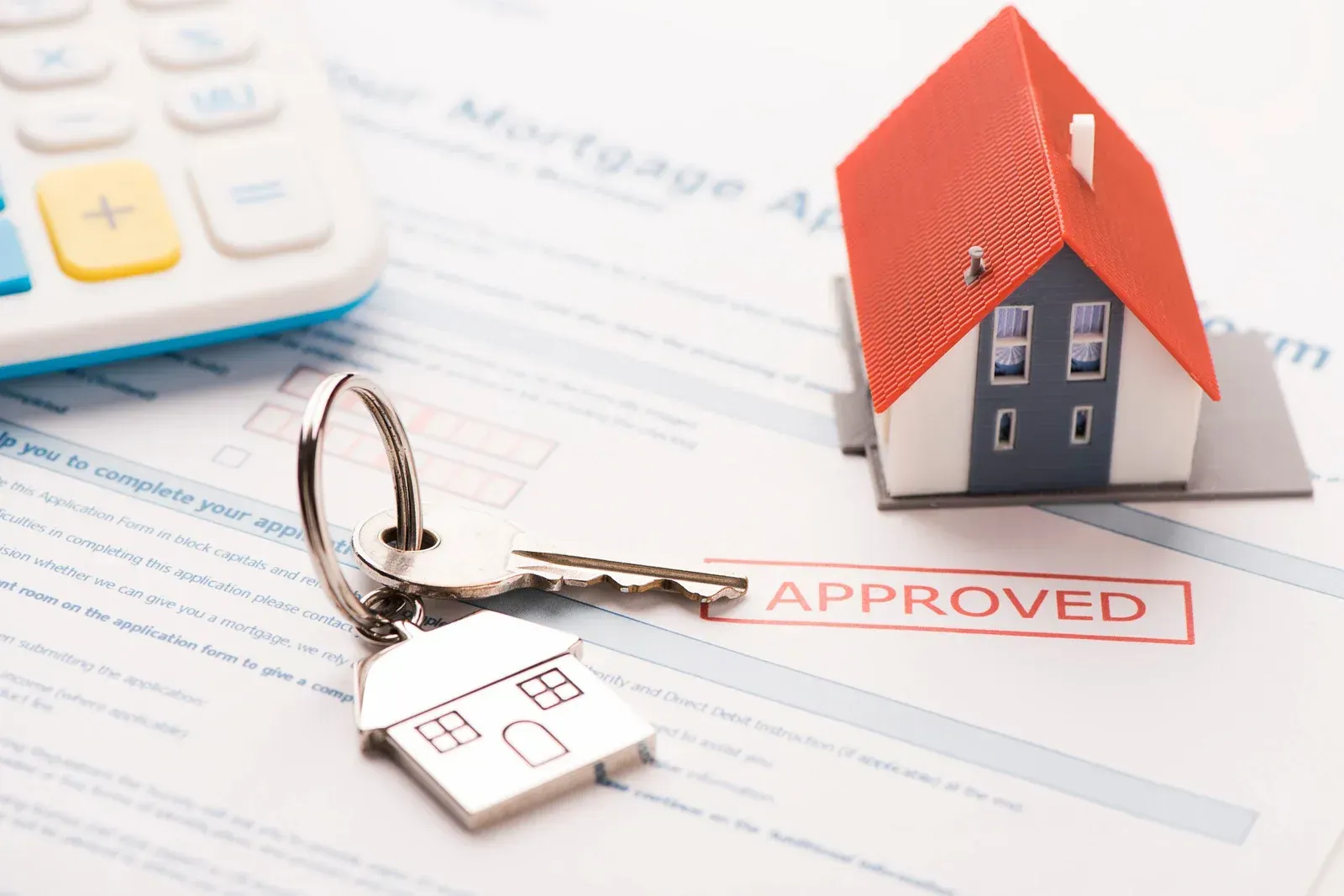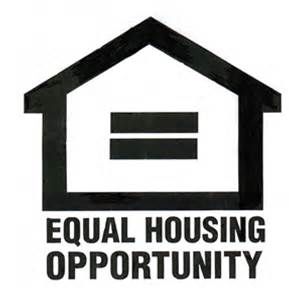First Time Buyer Process/Checklist
Buying your first home can feel both exciting and stressful. There is so much to do, from house shopping to gathering documents for the mortgage application process, that it’s easy to forget things.
This is why our expert Bozeman mortgage lender team advises homebuyers to create a checklist for themselves to help them keep on top of things.
First Step: Review Your Finances
Before you start anything, your first step should be going over your finances, your budget, and your credit report. Your credit score and report will play a big role when it comes to the mortgage application process. So, it makes sense to get your finances in the best shape possible before you start. This is something that you should begin several months before you start looking for a home. It will help give you a better grasp of how much you can comfortably afford so you aren’t wasting your time looking at homes that you can’t afford.
Where your credit report is concerned, you want to look for any errors that need to be amended to start. Also, look at the weak areas of your credit and try to strengthen them. For example, if youbhave a lot of high-interest-rate loans and credit cards, try to get those paid down or paid off completely. It will give your credit score a nice boost and save you money in interest fees, whichbyou can then put towards your down payment.
Know the Credit Score Minimum
As mentioned above, your credit score plays a big role. These are the credit scores that are required for different types of mortgage loans:
- Conventional mortgage – FICO score of at least 620
- FHA mortgage with a 3.5% down payment – FICO score of at least 580
- FHA mortgage with a 10% down payment – FICO score of at least 500
- VA mortgage with 0% down payment – while a minimum credit score is not required for
- VA loans, lenders who supply them may require a FICO score of at least 580
- USDA mortgage – FICO score of at least 580
- Jumbo mortgage – FICO score of 700 or more
Debt-to-Income Ratio
Another factor that plays a big role is your debt-to-income ratio, which is calculated using the current number of debts that you have against how much income you make monthly. Lenders typically like to see this figure between 36% to 43%.
Second Step: Getting Your Documentation Together
Every homebuyer’s financial circumstances are unique. However, these are the key documents that all lenders will require for your mortgage application:
- Proof of identification: Photo ID, driver’s license, passport, birth certificate
- Proof of income – recent pay stubs, PAYG statements, or W-2s for at least 3 months
- Tax returns
- Bank statements
- List of monthly expenses
- Statements for other assets, such as savings, cars, and other properties
- Liabilities – statements for any existing debts that you have
- Credit report/history
- Gift letters for your down payment
- Rental history if applicable
Learning the Mortgage Keywords
Getting yourself familiarized with the jargon used in the mortgage application process will help you better understand what is happening. Here are keywords to familiarize yourself with:
- Term – refers to the length of time that you will be paying off your mortgage. Generally, mortgage terms can be from 10 to 30 years.
- APR – this is one that many find confusing. The Annual Percentage Rate is a combination of lenders fees, mortgage points, and interest rates. It reflects the actual cost of the mortgage and is not the same thing as the interest rate.
- Fixed-rate Mortgages – fixed-rate mortgages offer you an interest rate that will remain the same throughout the life of the mortgage. This is good if rates rise because yours won’t.
However, if rates drop, you are stuck with your higher rate, unless you refinance. /p>
- Adjustable/Variable-rate Mortgages – with this type of mortgage, your interest rate will remain fixed for a short period before reverting to the current interest rate in the market.
This may not be a good option if you have a tight monthly budget, because your rates change, along with your monthly repayments.
- Conventional mortgage – refers to mortgages that are not backed by government funds.
- Government-backed mortgage – mortgages that are insured by the government and offer certain benefits to the borrower, such as more flexible requirements and down payments that are lower.
- Jumbo mortgage – a mortgage loan that bypasses established FHFA limits. Normally used, for expensive homes and can be as high as 1million dollars. Very high credit scores, down payments, and income are required with this type of loan.
Do you have a special circumstance and need to know what is needed to apply for a mortgage? Give our expert Bozeman mortgage lender team a call today!


